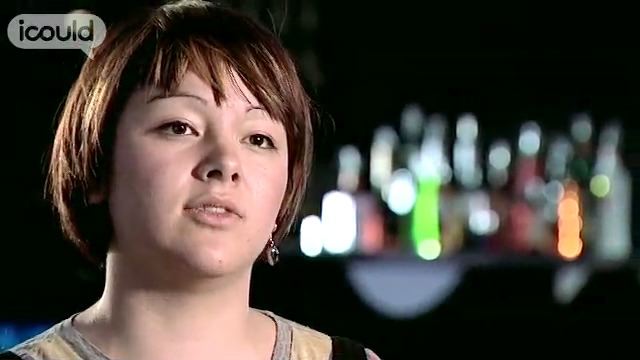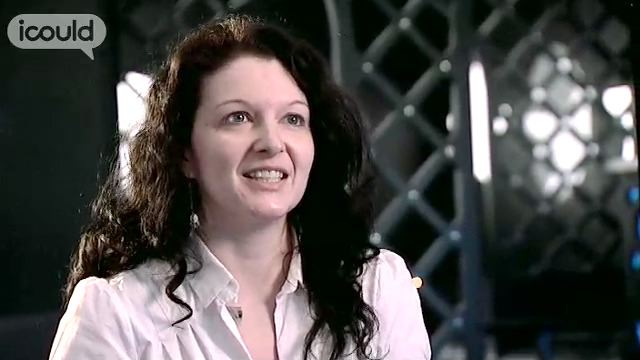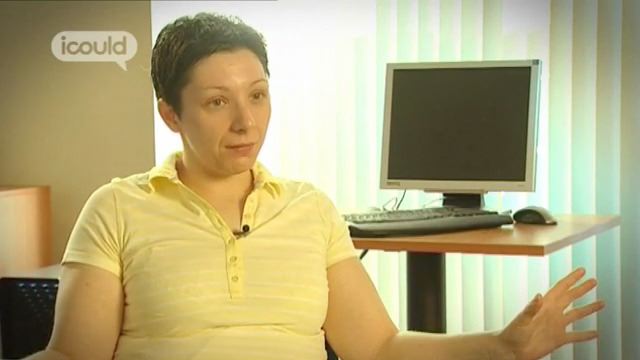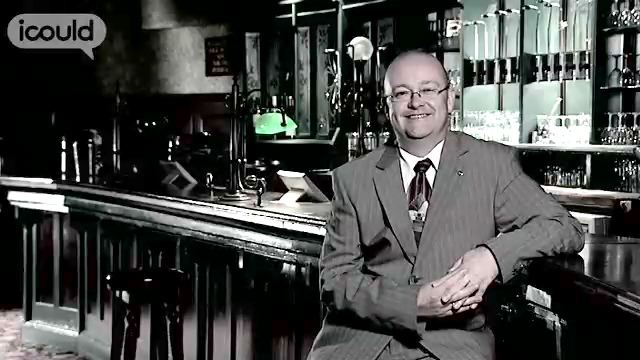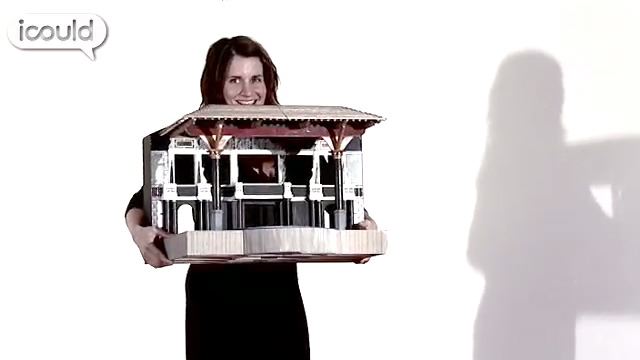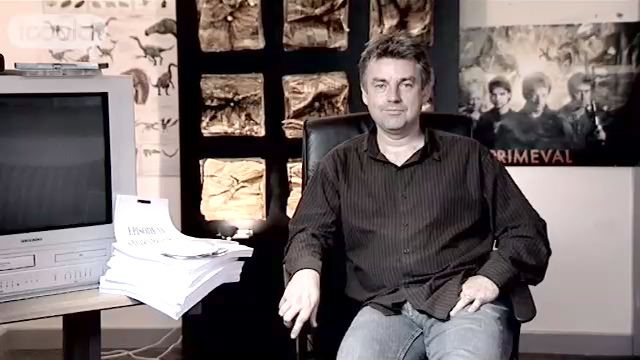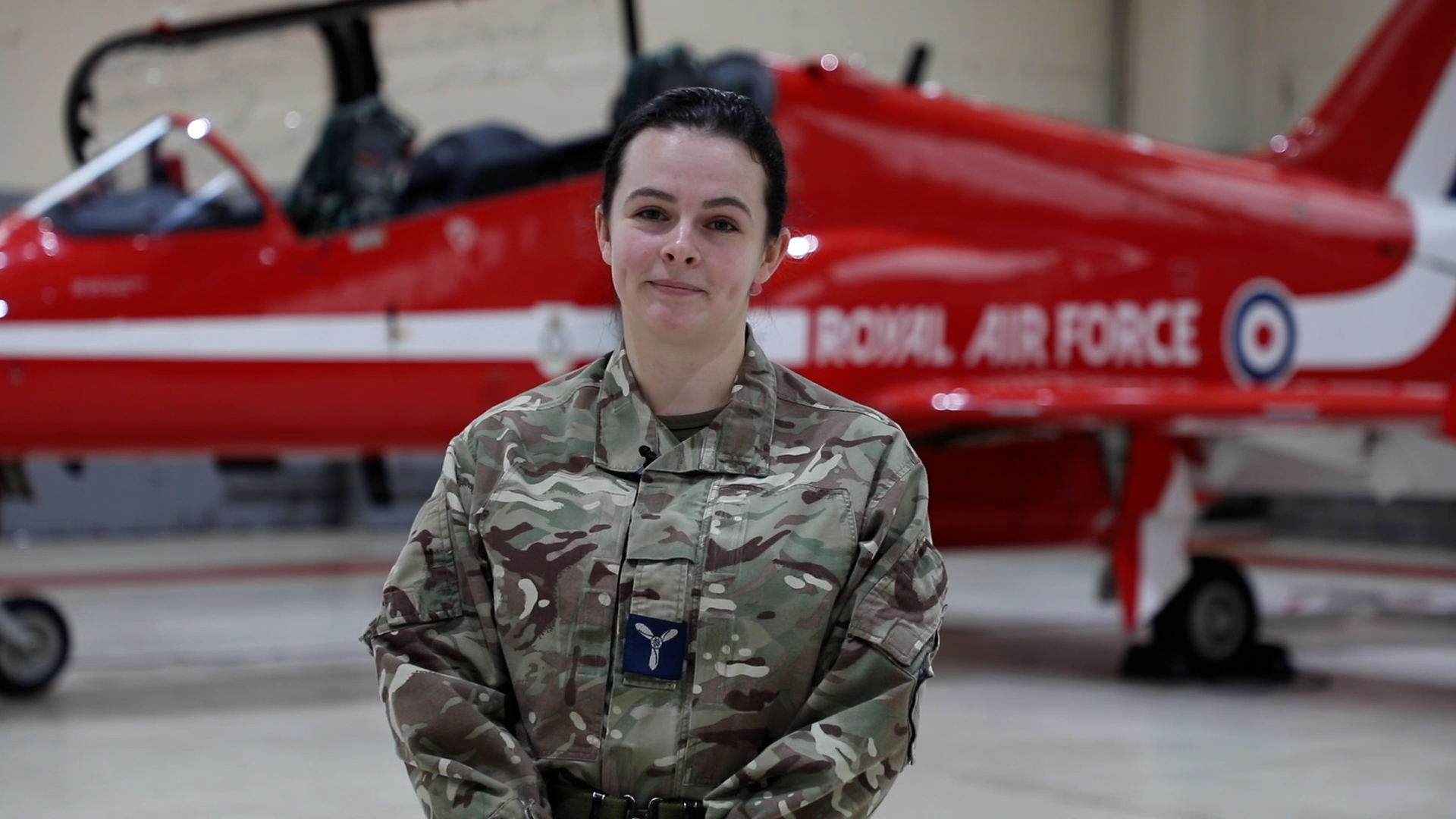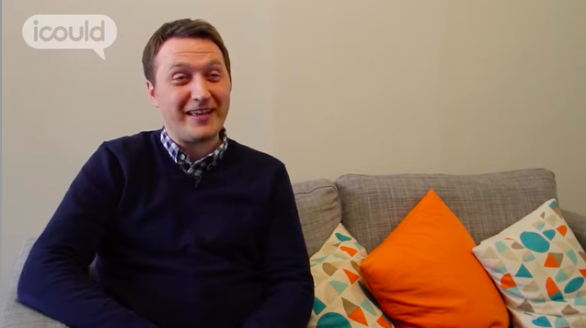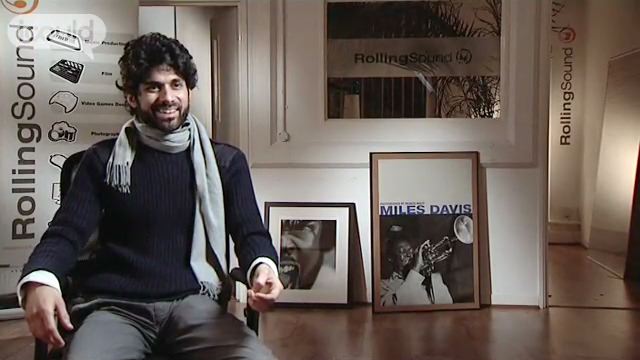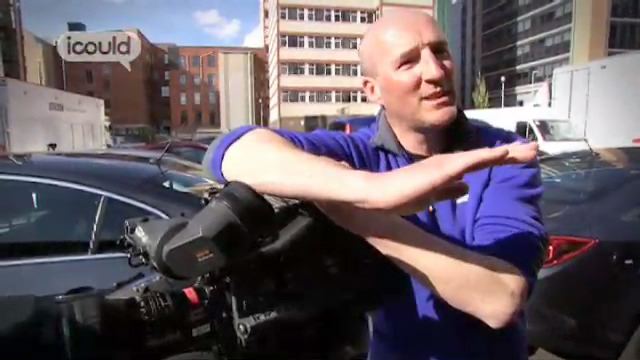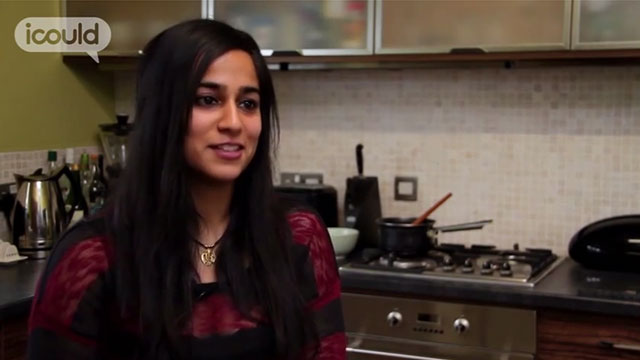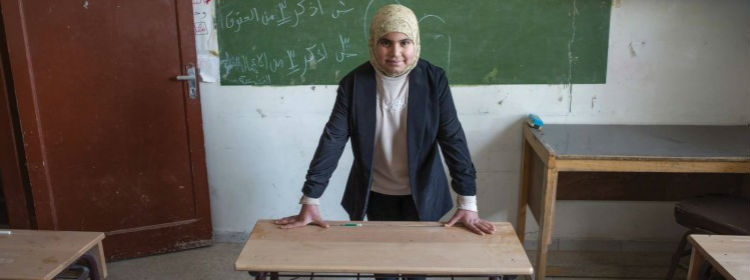Explore: Media
Programme Director
BBC
info Issues viewing the video?
|
00:02 |
I’m Andrew P. I’m a programme director at BBC Arabic, working on the World Service. |
|
00:06 |
Programme director is responsible for the actual broadcasting of the programme, so the journalists will, before the programme goes to air, assemble the clips of video reports and write the scripts for the newscaster and then when the time comes to actually broadcast that, and in news it’s live, I take over the responsibility for cueing the newscaster to speak, telling the technical crew which sources to put to air. |
|
00:35 |
So I joined the BBC as a technical assistant in those days, which is a trainee engineer. I wanted to be a director. I couldn’t have been a director at the BBC at that time without a degree, so I left the BBC and went to ITN, as a vision mixer and after I’d been there a couple of years, I got a job as a director. I then had a career break, working for London Ambulance. |
|
00:59 |
The reason I chose the Ambulance was that was the job that turned up. I obviously had to have a job and I thought it’s a nice, I mean I think one of the things in my career is I’ve always felt I wanted to do something that was useful and I think news is an important thing. I don’t think any individual news programme is necessarily important, although the individual news items can make a big difference. |
|
01:21 |
My school career was diabolical, which is how I ended up falling into TV. I did O levels and I have, oh I think I’ve got five or six O levels. I studied up to A level, which was the phrase I used on my CV. I didn’t actually have any A levels and I didn’t go to university. |
|
01:40 |
There have been several really big changes in the way news has operated, since I’ve worked here. One of them was a report by the Glasgow Media Group, which looked at the language of news and, at that time, and we’re talking about mid 70s, mid to late 70s, if there was a union dispute, there was quite a noticeable tendency that unions were aggressive and management were conciliatory and what the Glasgow Media Group did, was they actually analysed news programmes for the language that was used and they came out with a report and that actually changed the way everybody reported events and they became much more active in seeking out voices, rather than just accepting the voices that presented themselves. |
|
02:25 |
There’s always, in news, a temptation to follow diaried events because if you know something’s going to happen, you can organise the coverage for it, whereas if you don’t know it’s going to happen, you’re scrambling to cover it. |
|
02:35 |
Well I think television’s changed enormously, the way television is broadcast has changed. I mean, when I started in television, there were only three channels. Yeah, BBC2 had started. BBC2 was the new channel on the block. Then Channel 4 started and we had Channel 5 and now we have the Internet, so I think it would be interesting to know how many people are actually watching a broadcast programme when it happens. There are very few things that are real appointment to view. I think, of the things that are, sport, I mean people will watch a very boring football match on the premise that at any instant, one second could change the result and their lives. So I think sport will always have an appointment to view, particularly for live sport and I think news is the other one. If you get a big breaking story, people will turn on the news. So I think that those, those two maintain a kind of, a unique place in broadcast television because people will want to watch them at the time they’re broadcast/ I think everything else you can watch on the I-Player or 4OD or all the equivalent things. Films now, you watch on DVDs. A lot of people watch series on box sets, so they’re not actually watching the programme as it’s broadcast live. |
|
03:57 |
Things have changed enormously in the way we actually make the programmes. I mean now if you want to make a map, you go into a computer programme, you select the part of the world you want to see, highlight the cities you want. When I started, that all had to be done on cardboard. People used to have to cut out the shape of the country. You were only allowed to use one map in a programme because it was so difficult to make them and I can remember one instance where the graphic artist, Ray, his name was, came running into the studio at the last moment, stuck a map on the easel in front of the camera, ran back up to graphics, to get on with his next job, looked at his sleeve, realised that Albania had come off the map, stuck on his sleeve, and had to run back down again to make the map make sense. |
|
04:36 |
I think nowadays people are a lot more aware of visual language as a grammar, in the same way that they learned to read and write and I think people learn that visual language. So I think that has to be something that people have to be very, very comfortable with. I think they need to be comfortable with the tools of the trade, whether it be a camera, sound, film and I suspect that it would be impossible to get an interview for a job without some sort of qualification in media now. As I said, when I started, those didn’t exist, there was nobody who did media courses. |
|
05:10 |
End of Andrew P |
Andrew joined the BBC as a technical assistant. He wanted to be a director but at the time he couldn’t be a director without a degree. He joined ITN and subsequently became a director. He always wanted to do something that made a difference and feels that television news is something that makes a difference to us all.
More information about Arts officers, producers and directors
Data powered by LMI For All
£50,440
average salary
The UK average salary is £29,813
38
average weekly hoursThere are 37.5 hours in the average working week
42%
male
58%
female
The UK workforce is 47% female and 53% male
Future employment
Future employment
Description
Arts officers, producers and directors assume creative, financial and organisational responsibilities in the production and direction of television and radio programmes, films, stage presentations, content for other media, and the promotion and exhibition of other creative activities.
Qualifications
Entry can be via academic qualifications, BTEC/SQA awards, diplomas or degrees in sector-relevant subjects. Apprenticeships are available at NVQ Levels 2 and 3 in some areas.
Tasks
- Chooses writers, scripts, technical staff and performers, and assumes overall responsibility for completion of project on time and within budget;
- Directs actors, designers, camera team, sound crew and other production and technical staff to achieve desired effects;
- Breaks script into scenes and formulates a shooting schedule that will be most economical in terms of time, location and sets;
- Prepares rehearsal and production schedule for main events, design of sets and costumes, technical rehearsals and dress rehearsals;
- Ensures necessary equipment, props, performers and technical staff are on set when required;
- Manages health and safety issues;
- Selects, contracts, markets and arranges for the presentation and/or distribution of performance, visual and heritage arts.
Employment by region
Top 10 industries for this job
Libraries, etc
22289
Film & music
19044
Office admin.
5046
Head offices, etc
4944
Arts & entertainment
4930
Broadcasting
4755
Computer programming, etc
3115
Advertising, etc
3003
Employment activities
2647
Sport & recreation
2609
Employment status
Related career stories
⇦
⇨
